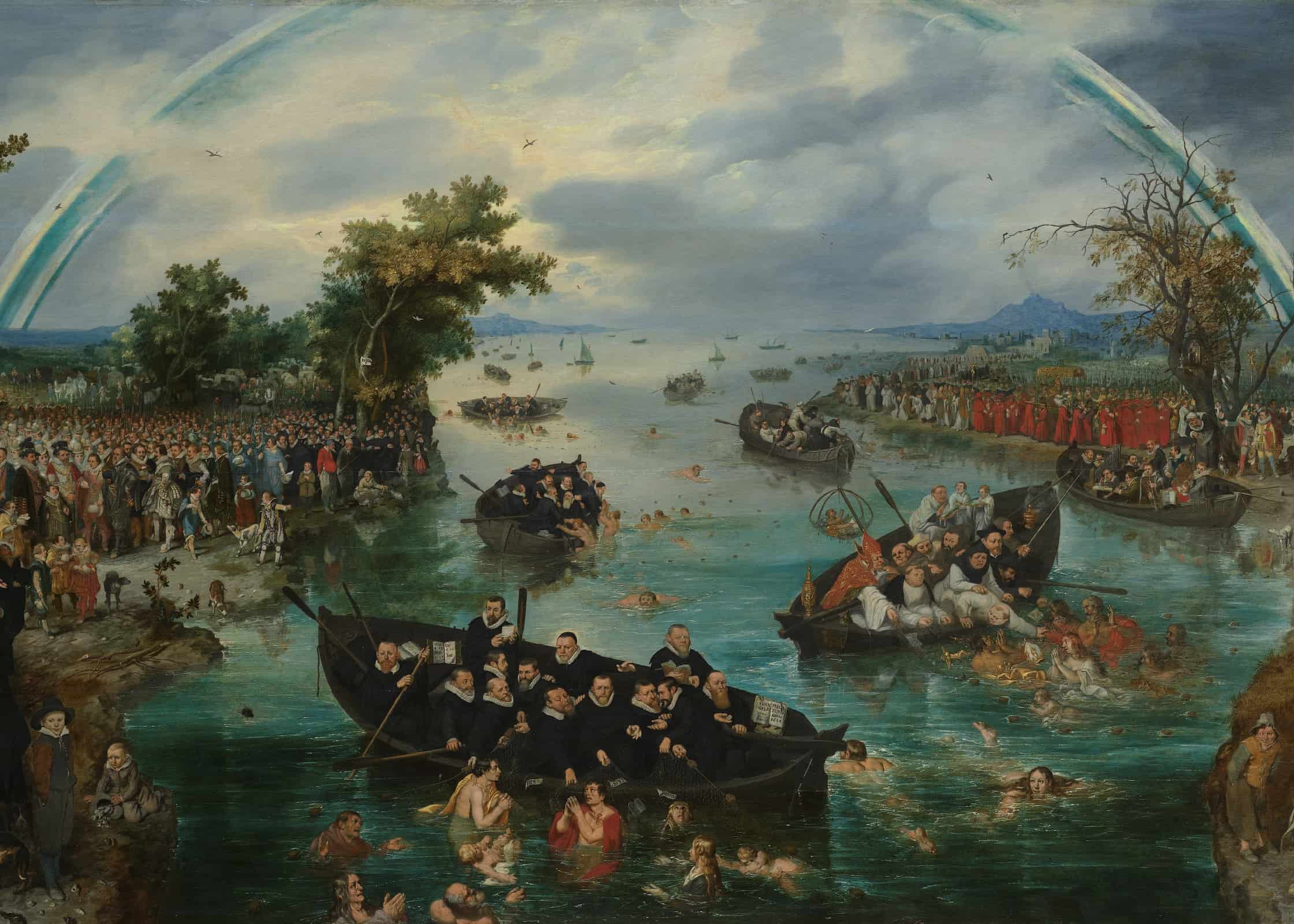
Such as are found to be ignorant or scandalous, notwithstanding their profession of the faith, and desire to come to the Lord’s Supper, may and ought to be kept from that Sacrament, by the power which Christ hath left in his Church, until they receive instruction, and manifest their reformation.
It is required of them that receive the Sacrament of the Lord’s Supper, that, during the time of the administration of it, with all holy reverence and attention they wait upon God in that ordinance, diligently observe the sacramental elements and actions, heedfully discern the Lord’s body, and affectionately meditate on his death and sufferings, and thereby stir up themselves to a vigorous exercise of their graces; in judging themselves and sorrowing for sin; in earnest hungering and thirsting after Christ, feeding on him by faith, receiving of his fulness, trusting in his merits, rejoicing in his love, giving thanks for his grace; in renewing of their covenant with God, and love to all the saints.
The duty of Christians, after they have received the Sacrament of the Lord’s Supper, is seriously to consider how they have behaved themselves therein, and with what success; if they find quickening and comfort, to bless God for it, beg the continuance of it, watch against relapses, fulfill their vows, and encourage themselves to a frequent attendance on that ordinance: but if they find no present benefit, more exactly to review their preparation to, and carriage at, the Sacrament; in both which, if they can approve themselves to God and their own consciences, they are to wait for the fruit of it in due time: but, if they see that they have failed in either, they are to be humbled, and to attend upon it afterward with more care and diligence.
The Sacraments of Baptism and the Lord’s Supper agree, in that the author of both is God; the spiritual part of both is Christ and his benefits; both are seals of the same covenant, are to be dispensed by ministers of the gospel and by none other; and to be continued in the Church of Christ until his second coming.
The Sacraments of Baptism and the Lord’s Supper differ, in that Baptism is to be administered but once, with water, to be a sign and seal of our regeneration and ingrafting into Christ, and that even to infants; whereas the Lord’s Supper is to be administered often, in the elements of bread and wine, to represent and exhibit Christ as spiritual nourishment to the soul, and to confirm our continuance and growth in him, and that only to such as are of years and ability to examine themselves.
Prayer is an offering up of our desires unto God, in the name of Christ, by the help of his Spirit; with confession of our sins, and thankful acknowledgment of his mercies.
God only being able to search the hearts, hear the requests, pardon the sins, and fulfill the desires of all; and only to be believed in, and worshiped with religious worship; prayer, which is a special part thereof, is to be made by all to him alone, and to none other.
To pray in the name of Christ is, in obedience to his command, and in confidence on his promises, to ask mercy for his sake; not by bare mentioning of his name, but by drawing our encouragement to pray, and our boldness, strength, and hope of acceptance in prayer, from Christ and his mediation.
The sinfulness of man, and his distance from God by reason thereof, being so great, as that we can have no access into his presence without a mediator; and there being none in heaven or earth appointed to, or fit for, that glorious work but Christ alone, we are to pray in no other name but his only.